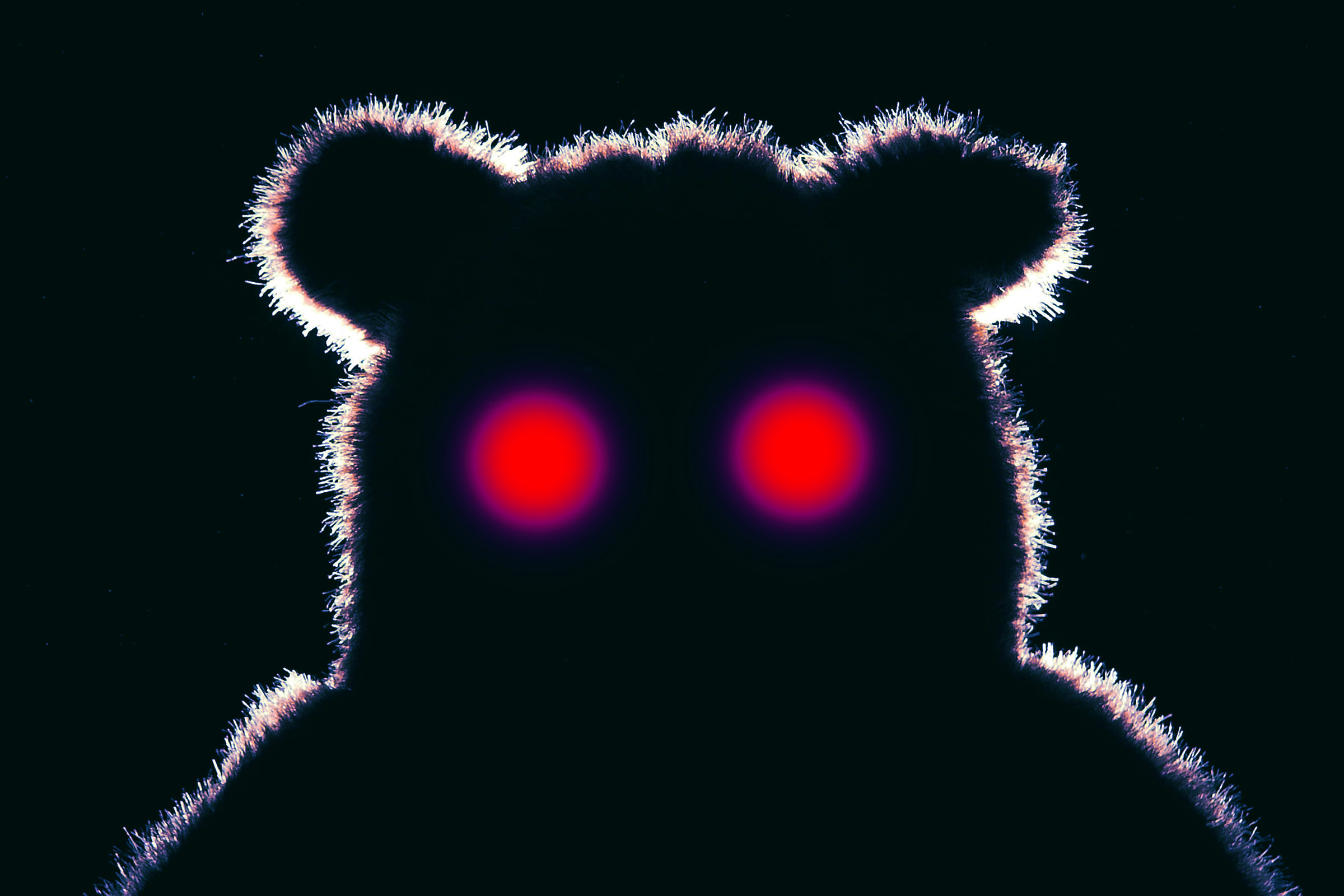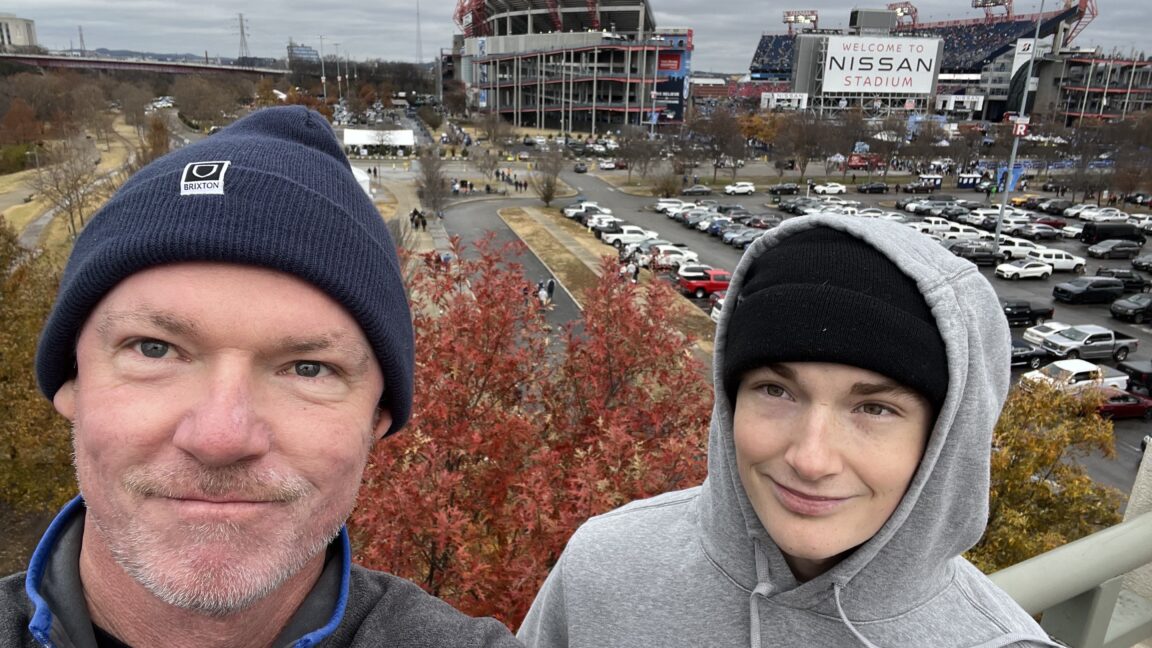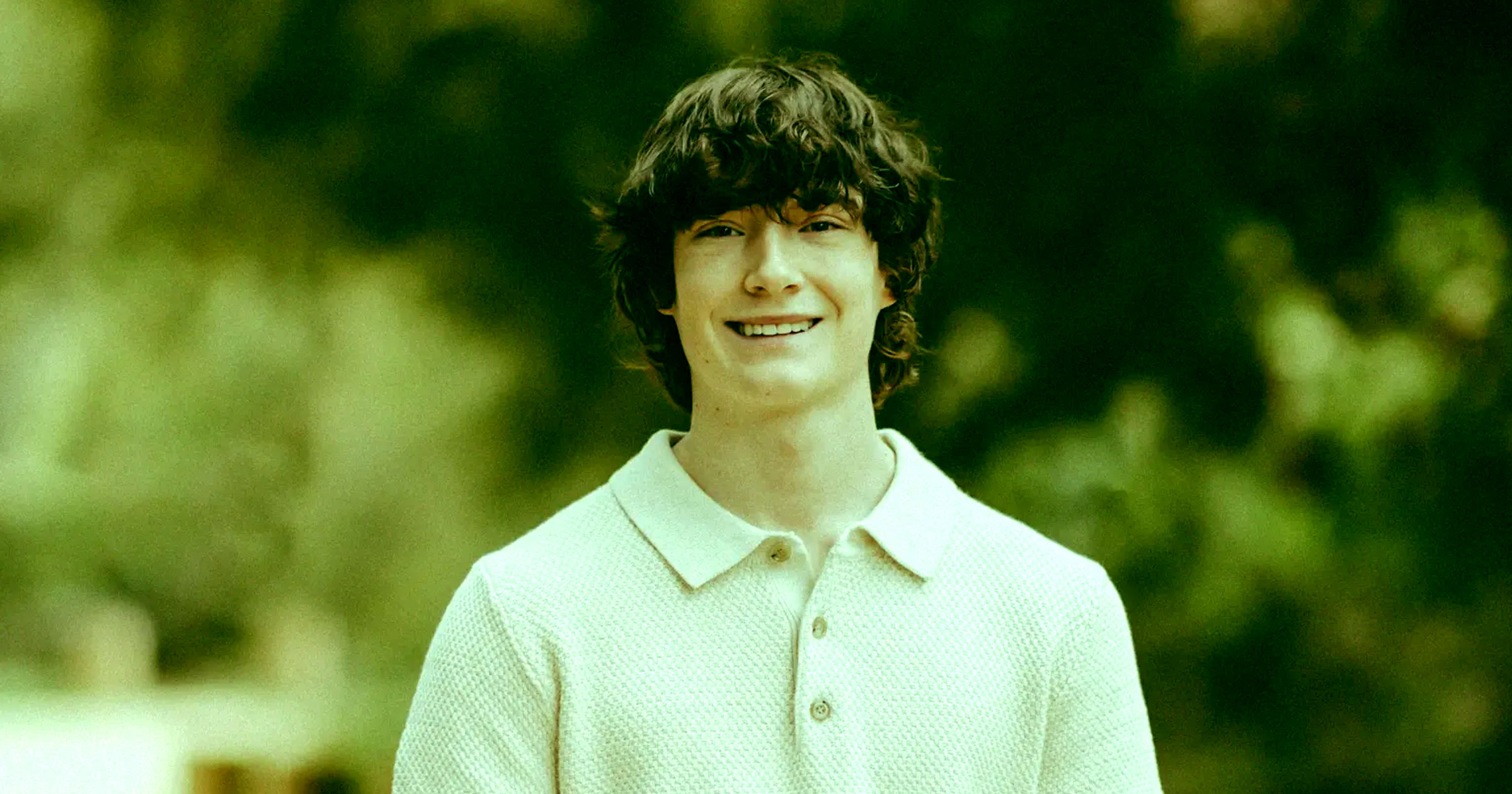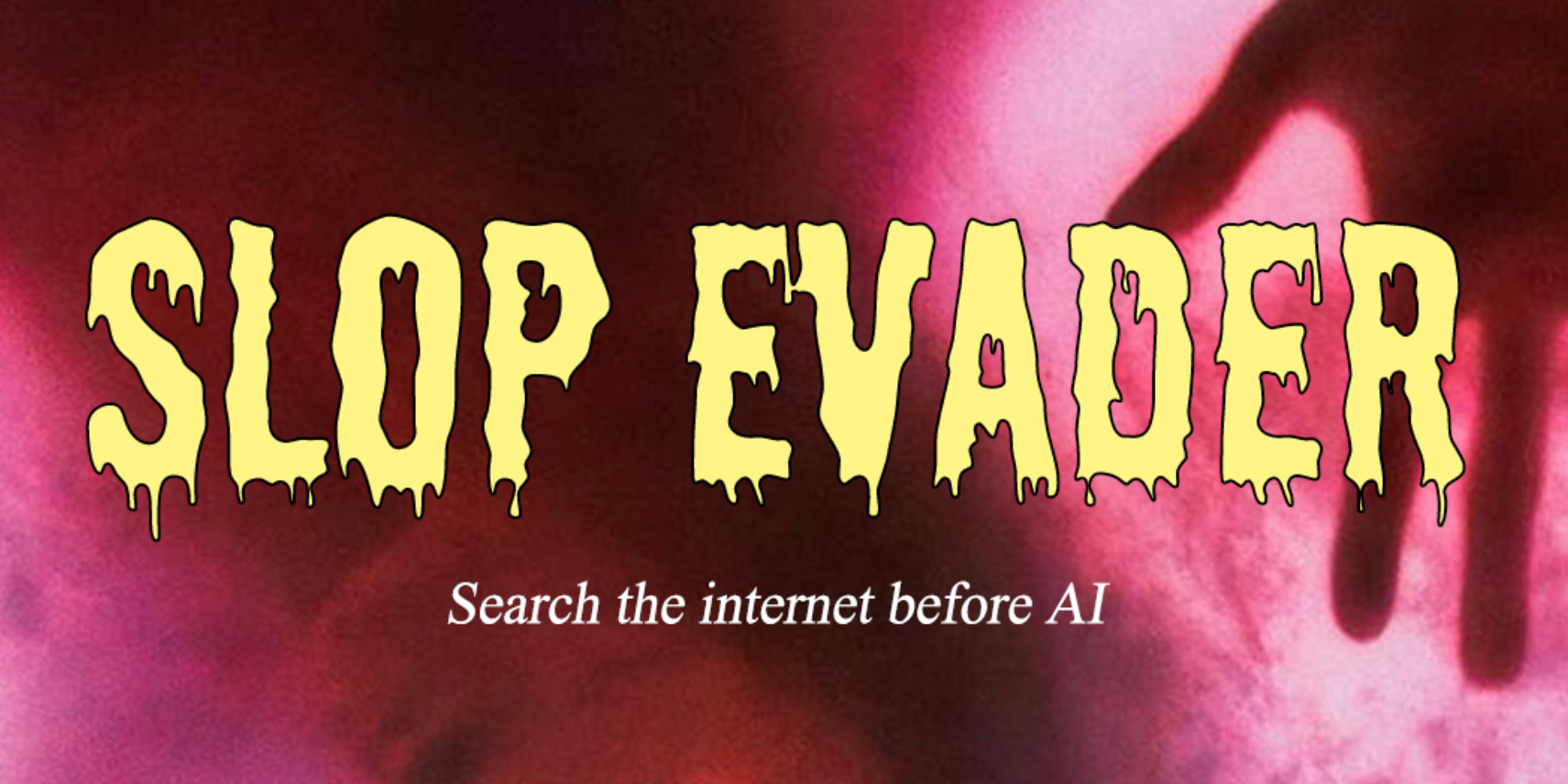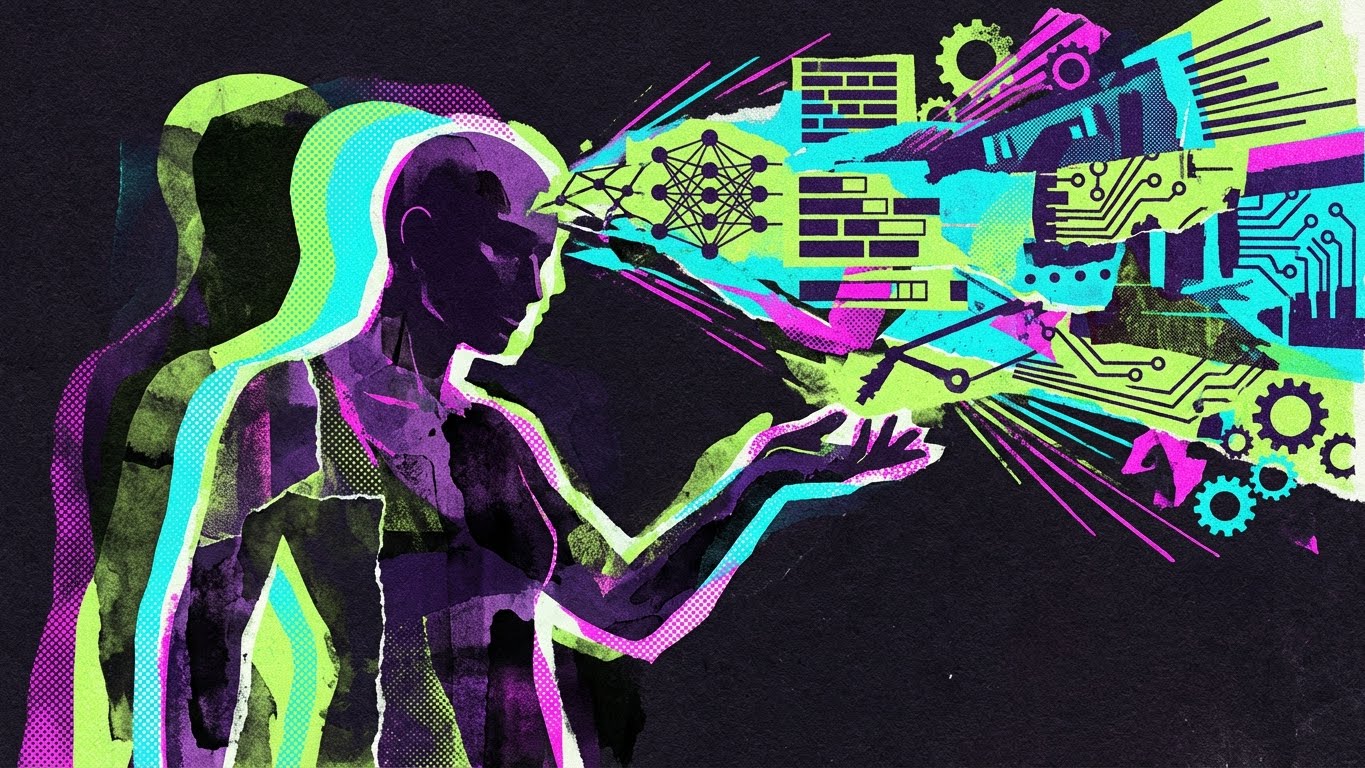ChatGPT firm blames boy’s suicide on ‘misuse’ of its technology
NegativeArtificial Intelligence

- OpenAI has responded to a lawsuit from the family of Adam Raine, a 16-year-old from California who tragically took his own life, stating that the incident was due to the 'misuse' of its ChatGPT technology and not caused by the chatbot itself.
- This development raises significant questions about the responsibility of technology companies in the mental health impacts of their products, potentially influencing future legal standards and public perception regarding AI and its use.
— via World Pulse Now AI Editorial System


